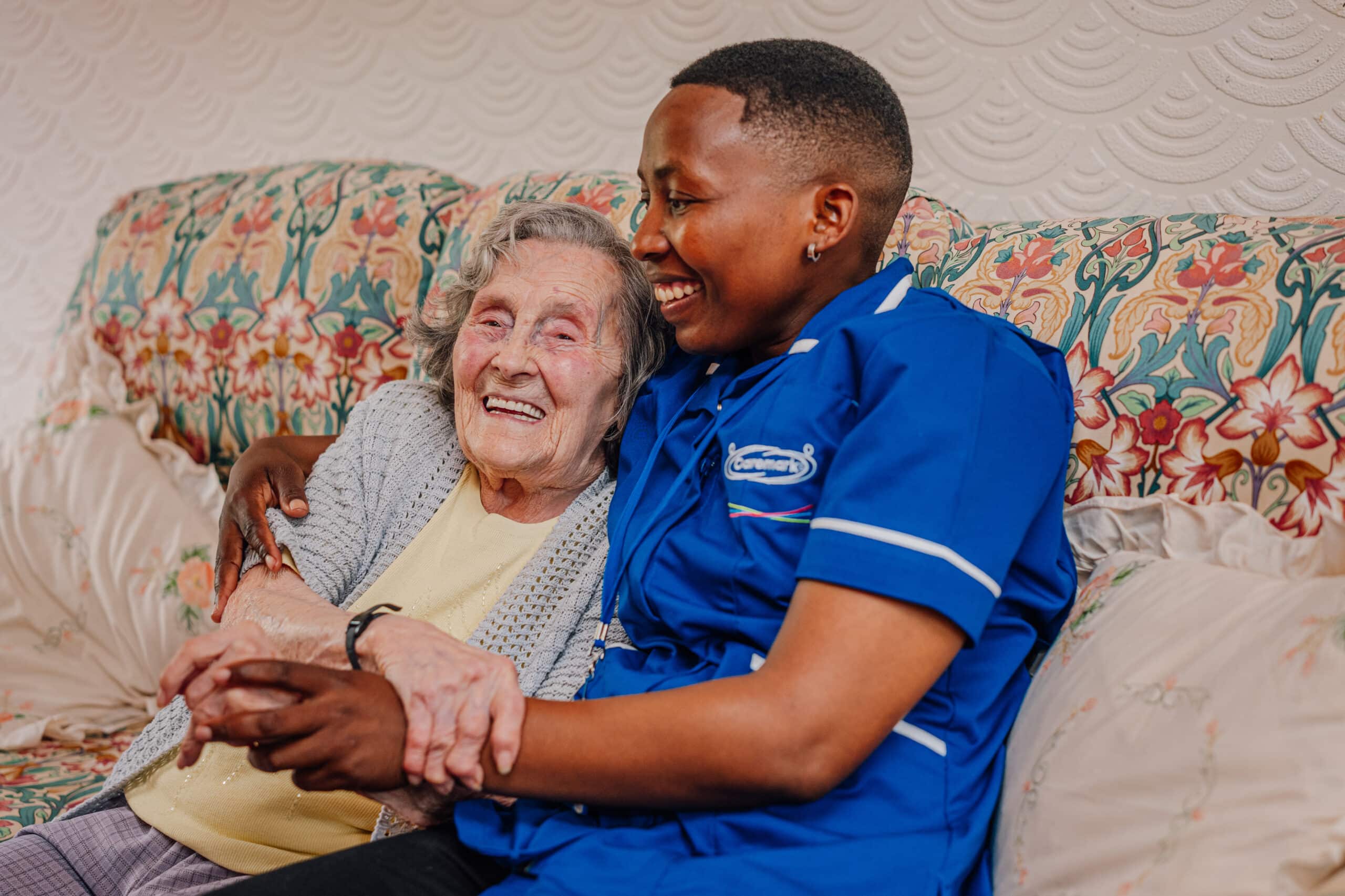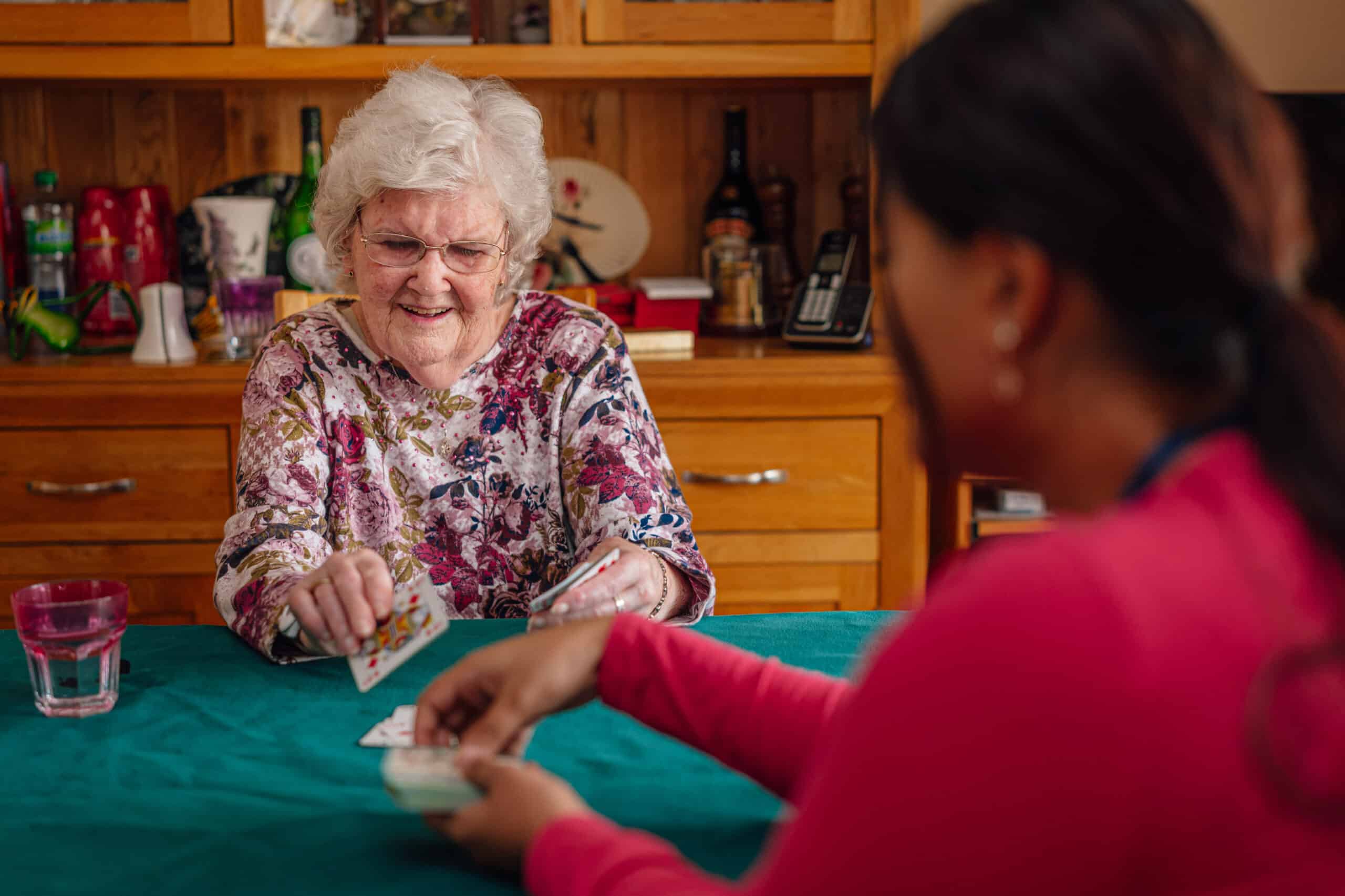Building Connections
The Role of Companionship in vulnerability Care

As healthcare continues to prioritize the holistic needs of individuals, the importance of companionship in vulnerability care is gaining more attention. Whether due to aging, chronic illness, or disability, many individuals face vulnerability that impacts their emotional and mental well-being. In this context, companionship plays a crucial role in combating isolation, enhancing overall health, and improving the quality of life for those in need of care.
In the field of vulnerability care—spanning services for seniors, individuals with disabilities, and those with long-term conditions—companionship is more than just a comfort; it is essential. Research has demonstrated that social connection can reduce the risks of depression, anxiety, and cognitive decline while strengthening immune function and improving health outcomes. For many, the presence of a companion offers vital emotional support to help them navigate the challenges that come with vulnerability.
The Power of Human Connection in Care
Companionship in care goes beyond providing basic medical or physical support; it is about nurturing genuine human connection. Whether through meaningful conversation, shared activities, or simply offering comfort, companionship can have a significant impact on a patient’s life. For those dealing with physical limitations or emotional difficulties, this connection helps alleviate feelings of loneliness, fear, and helplessness, which are common among vulnerable individuals.
“Companionship is often overlooked, but it is a vital part of care,” says Sarah Matthews, a care specialist. “Many of the individuals we care for face not only physical challenges but emotional ones as well. A compassionate companion can uplift their spirits, provide valuable engagement, and help them feel less isolated on their journey.”
Enhancing Quality of Life
A companion in care is not just there to assist with daily tasks; they create an environment where the individual feels valued, heard, and understood. Emotional well-being is a crucial factor in recovery and health management, and research shows that companionship can boost mood, improve cognitive function, and promote better physical health outcomes. It also lightens the load for family members concerned about their loved one’s emotional and mental well-being.
For individuals in assisted living or those receiving care at home, regular social interaction with a companion can significantly reduce the isolation often felt by vulnerable individuals. Whether through playing games, sharing stories, or simply enjoying quiet moments together, companionship fosters a sense of normalcy and emotional stability, enhancing overall well-being.

The Role of Caregivers and Companions
Professional caregivers are trained not only to provide physical assistance but also to serve as emotional and social companions. They play a vital role in supporting the mental and emotional well-being of their patients, offering companionship that builds trust, respect, and open communication.
“It’s not just about completing daily tasks,” says Michael Reynolds, a healthcare provider. “Caregivers are often the first to notice when someone is feeling down or disconnected. They provide a listening ear, keep the patient engaged, and create a safe, supportive environment where the individual can express their needs and emotions.”
Building Stronger Connections for Vulnerable Individuals
As awareness of the importance of emotional support in care continues to grow, more programs are integrating companionship into their service models. Training caregivers to be attentive listeners, recognize the emotional needs of their patients, and engage in meaningful interactions is increasingly becoming a priority.
Community organizations and healthcare systems are also acknowledging the value of human connection. From volunteer programs offering companionship to in-home care services that focus on the social aspects of caregiving, efforts are being made to ensure that vulnerable individuals receive the emotional support they need.
The importance of companionship in vulnerability care cannot be overstated. It goes beyond fulfilling basic needs; it fosters emotional well-being, strengthens relationships, and improves quality of life. As we continue to prioritize care that addresses both physical and emotional needs, cultivating meaningful connections will be central to a more compassionate and effective care model. By building these connections, we can ensure that vulnerable individuals feel supported, valued, and empowered on their journey to better health and overall well-being.